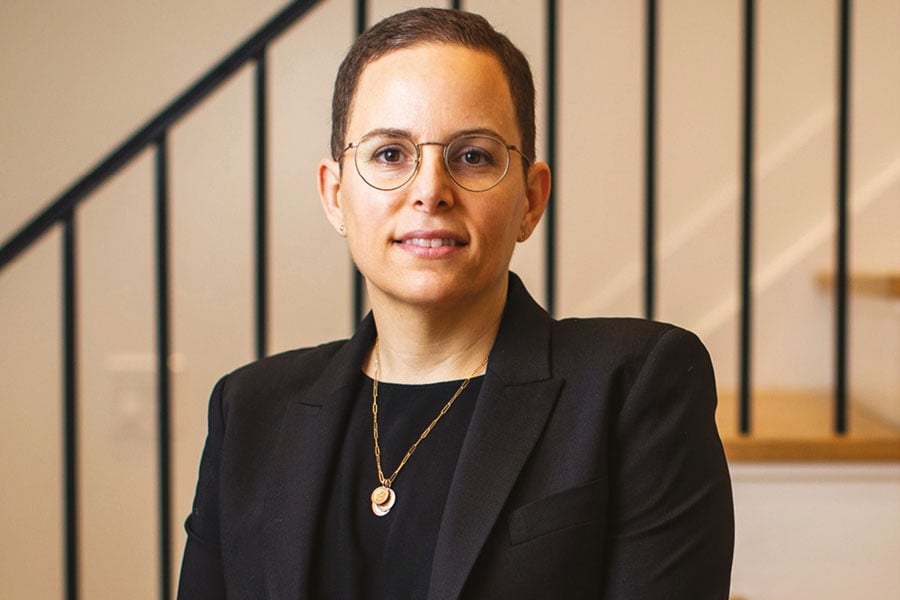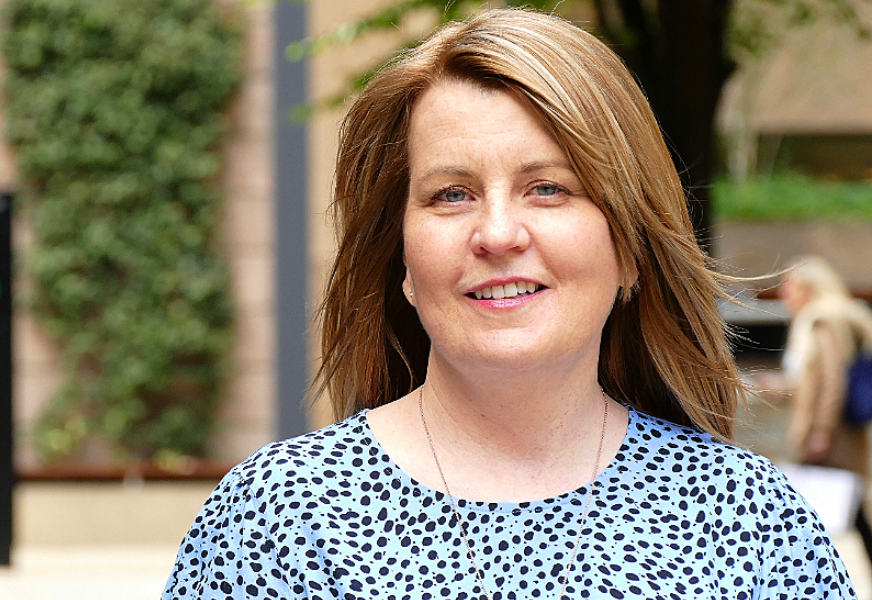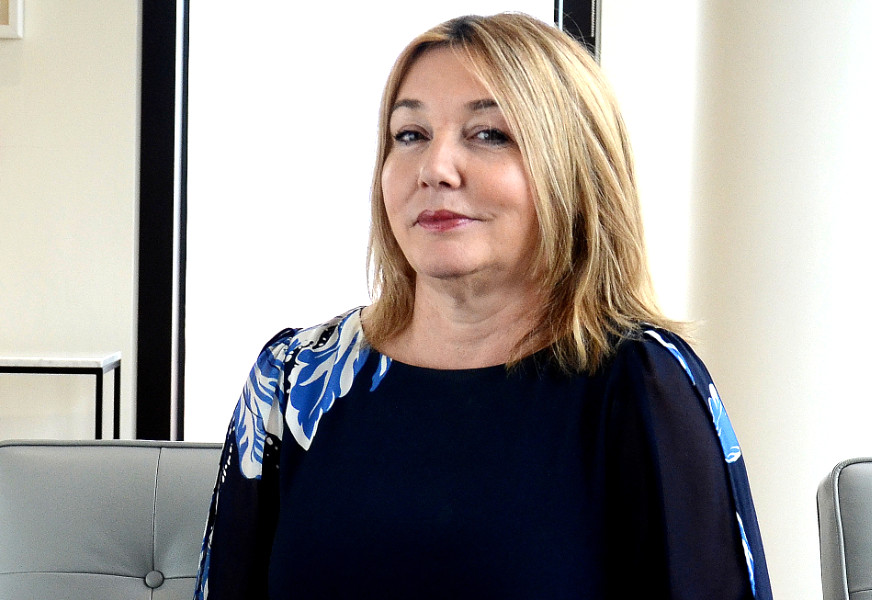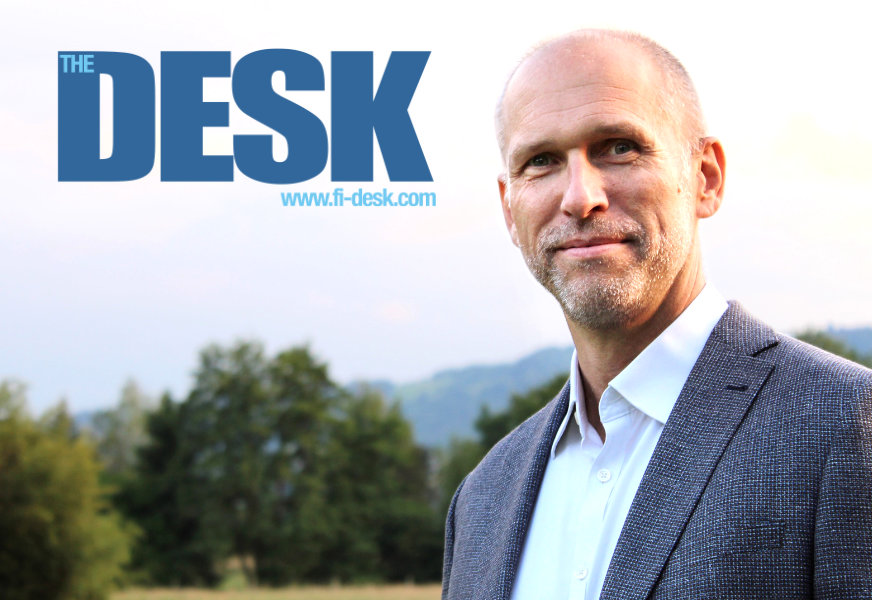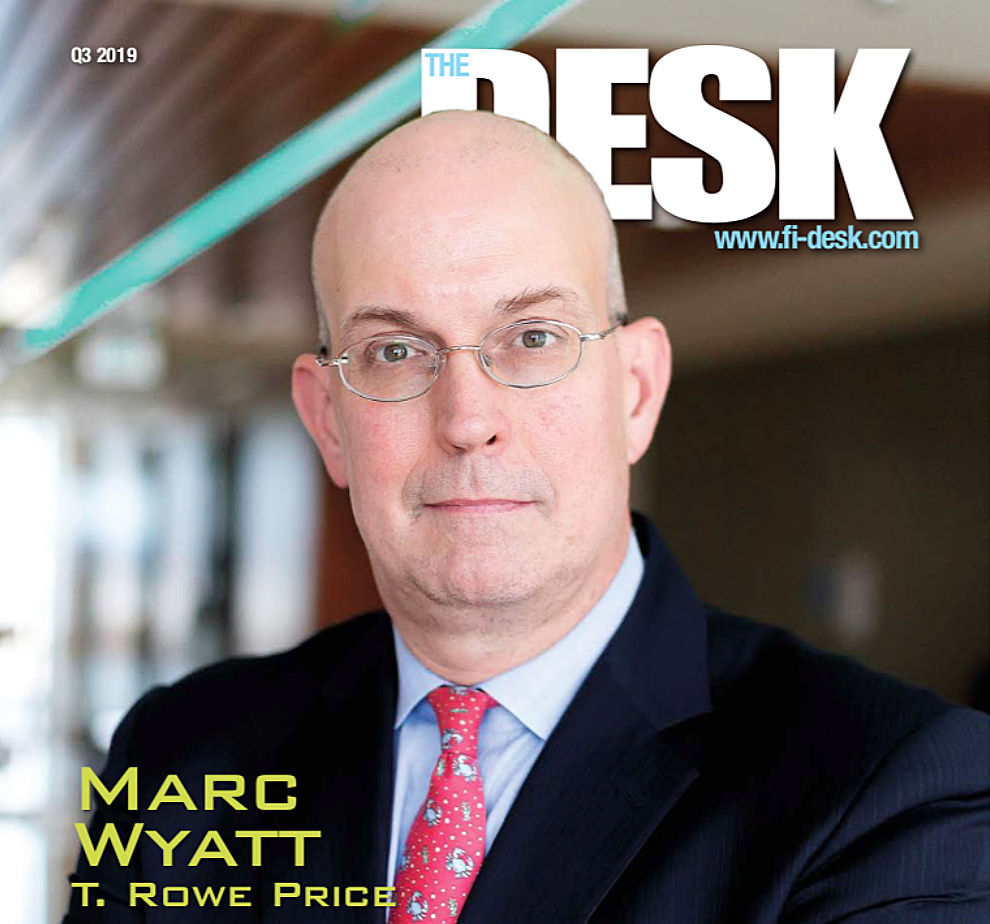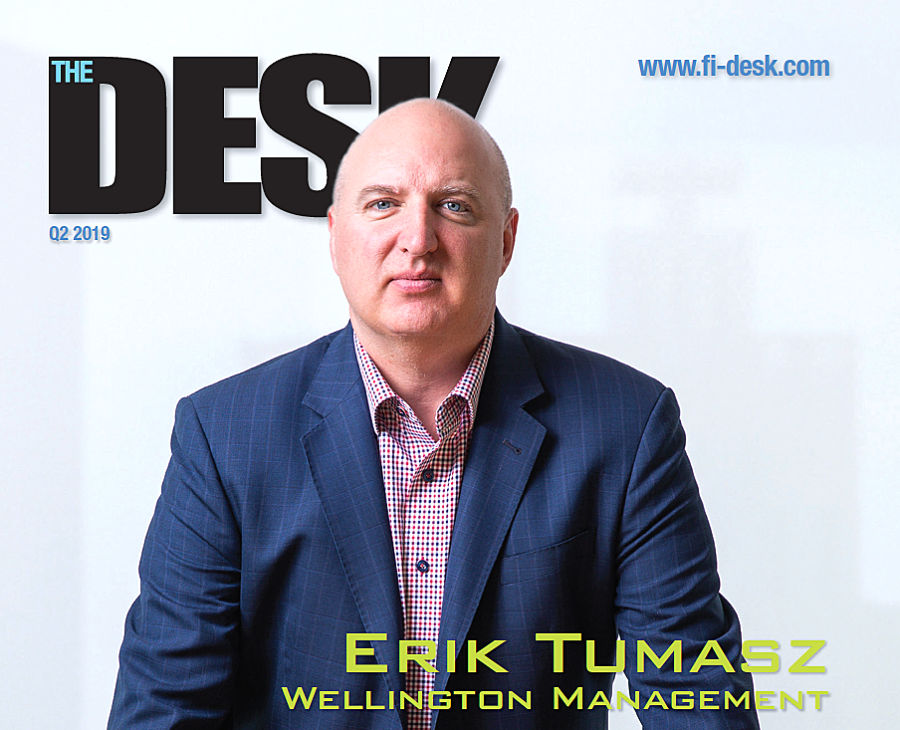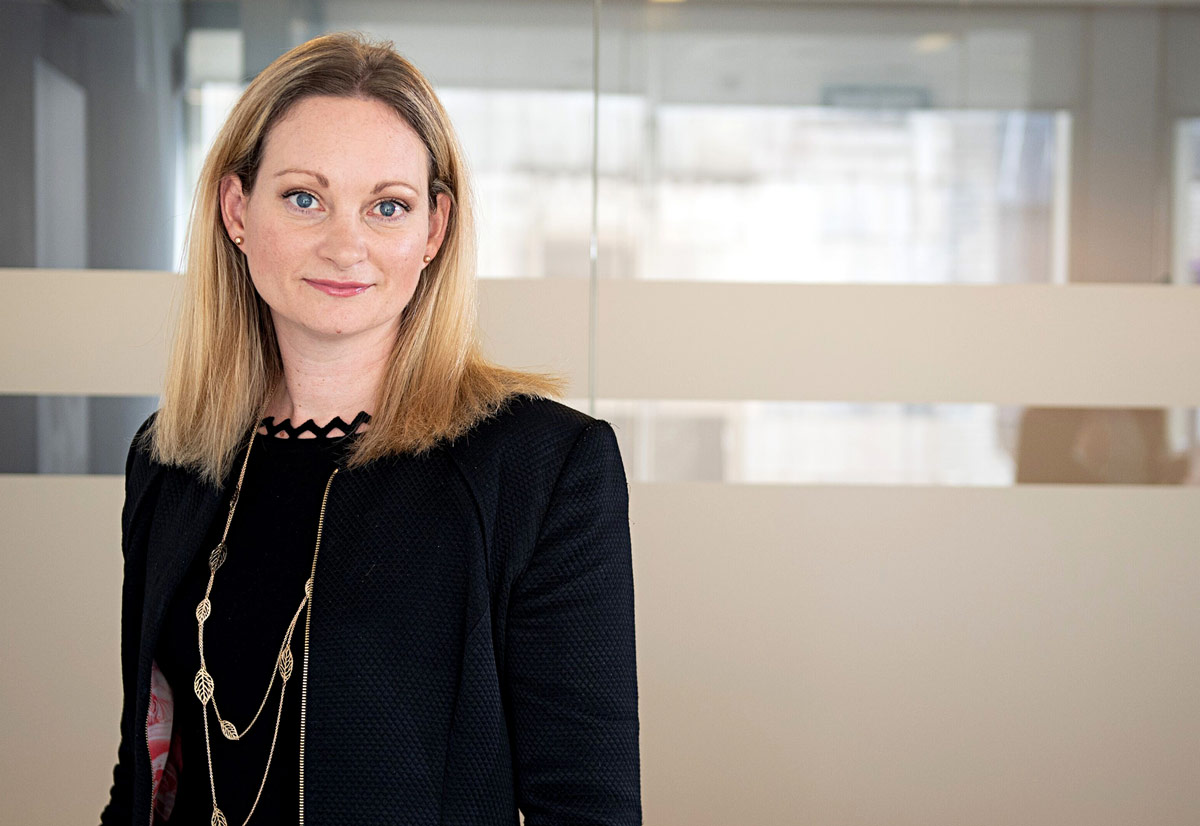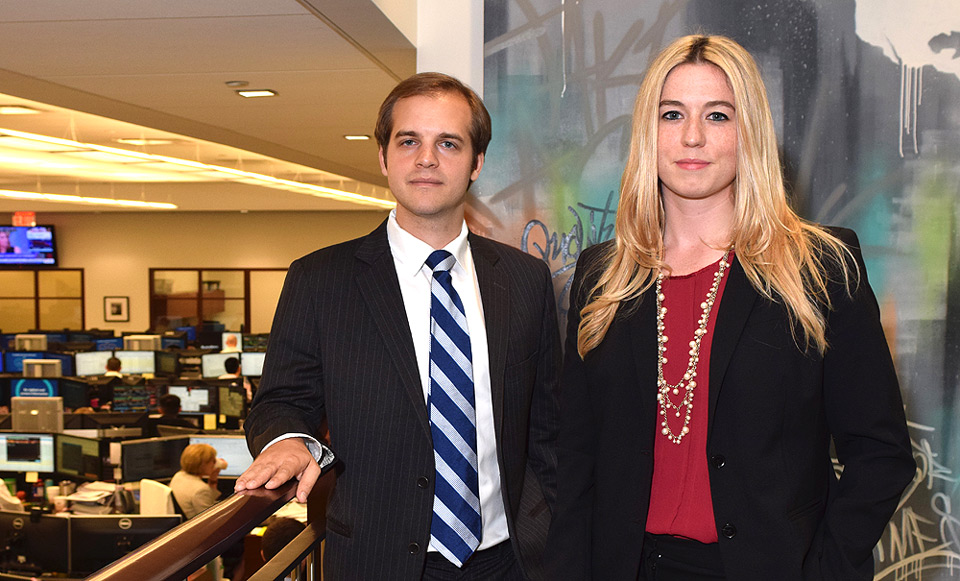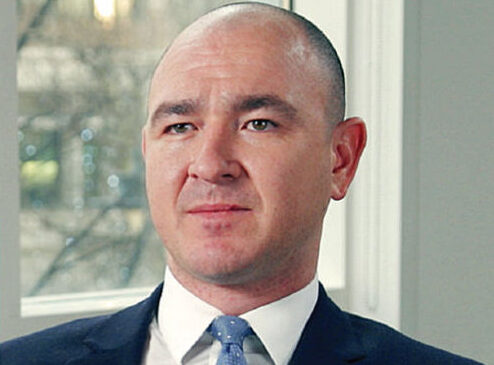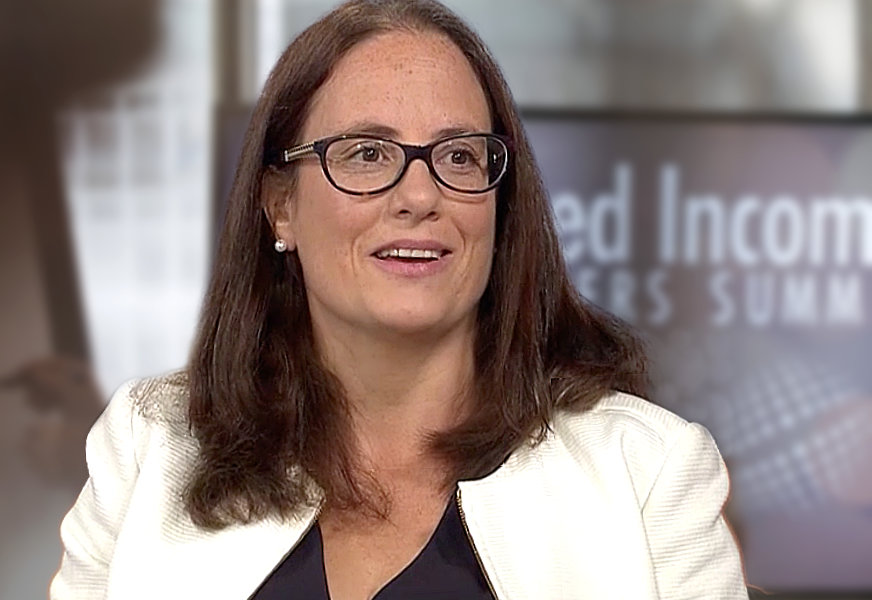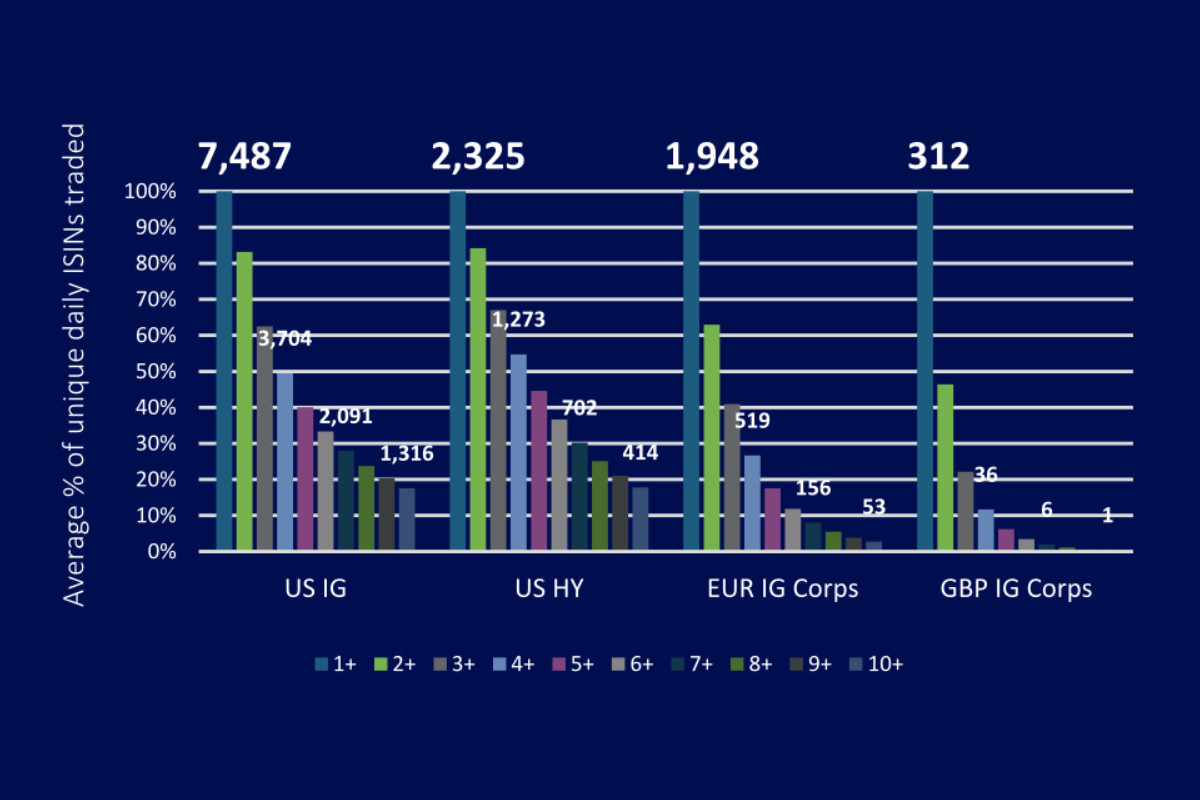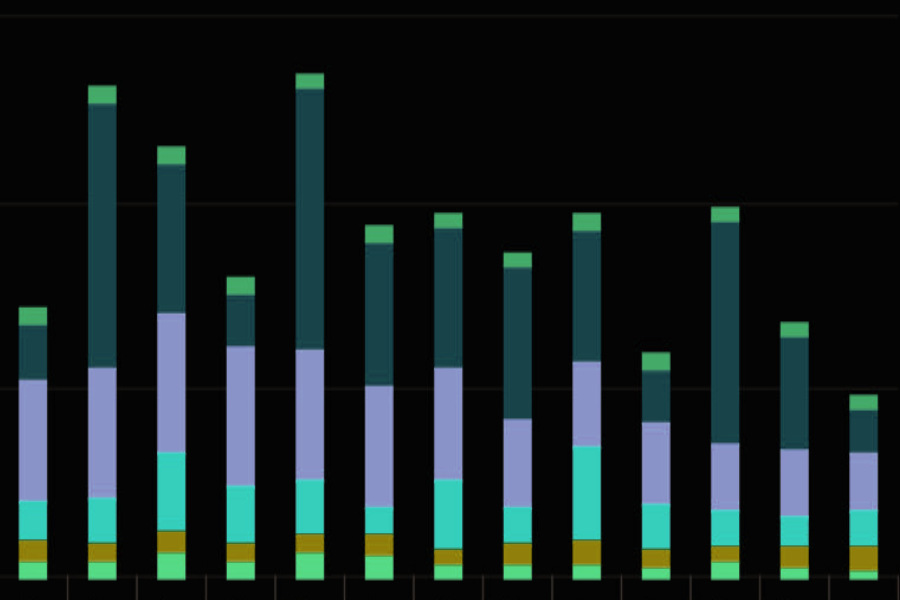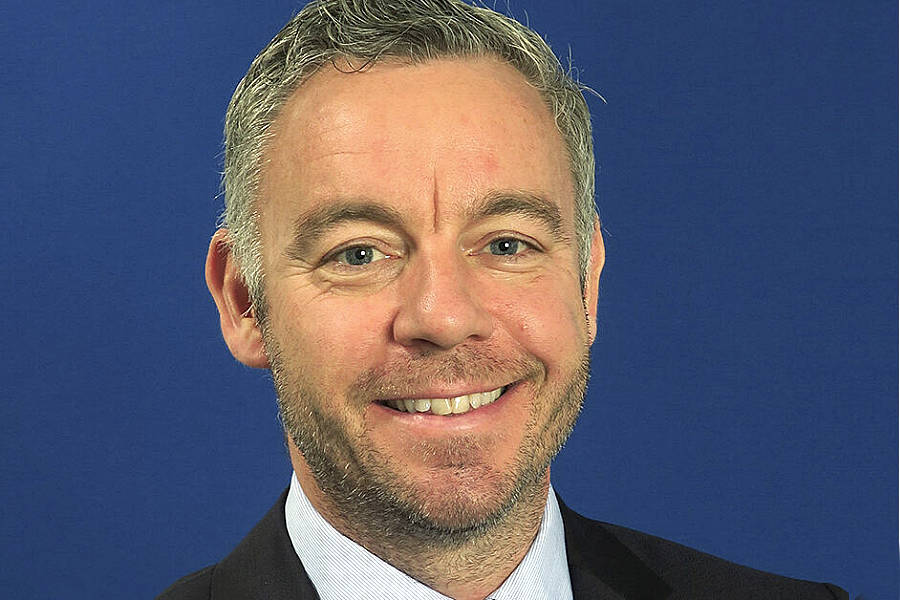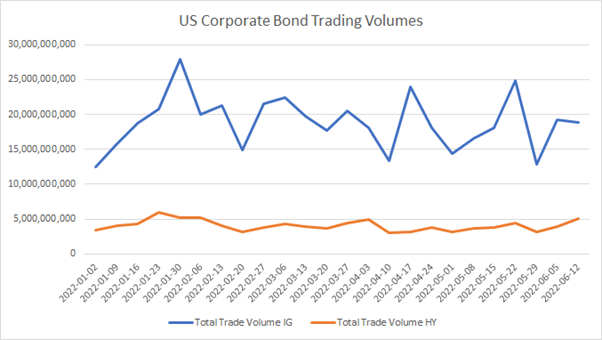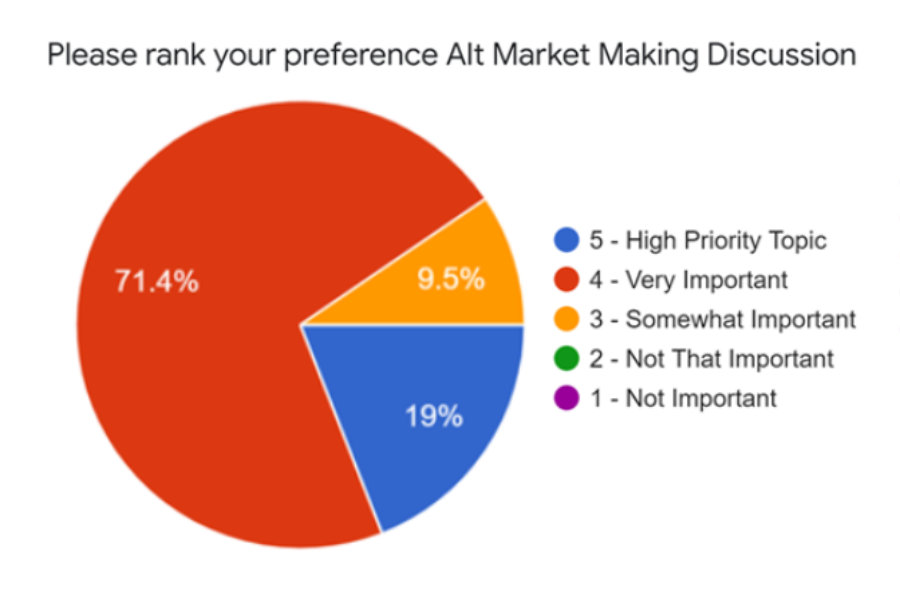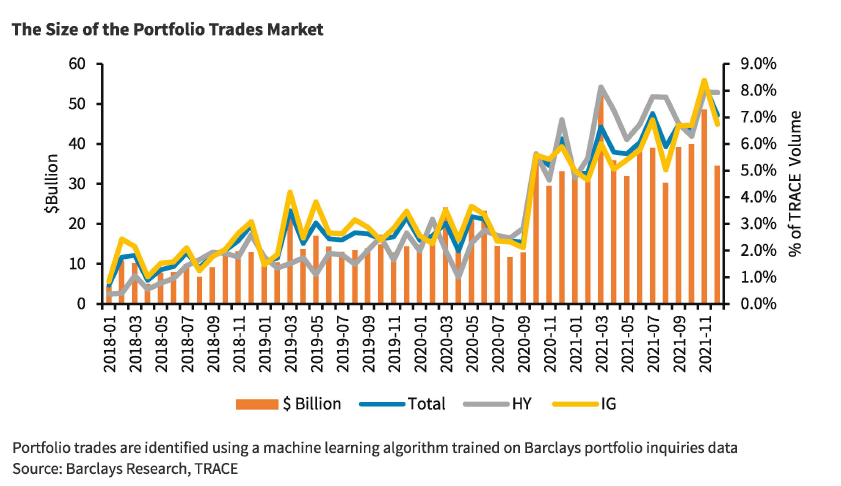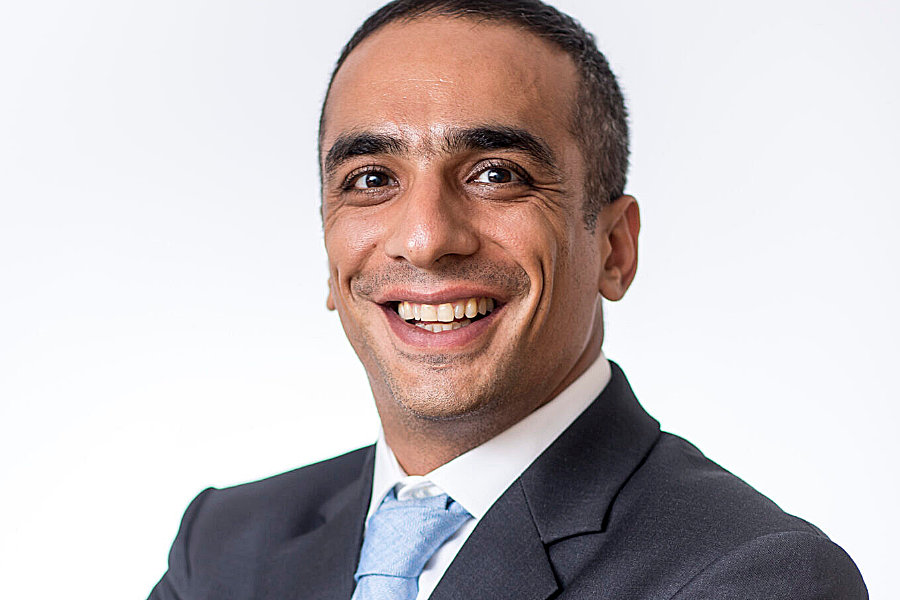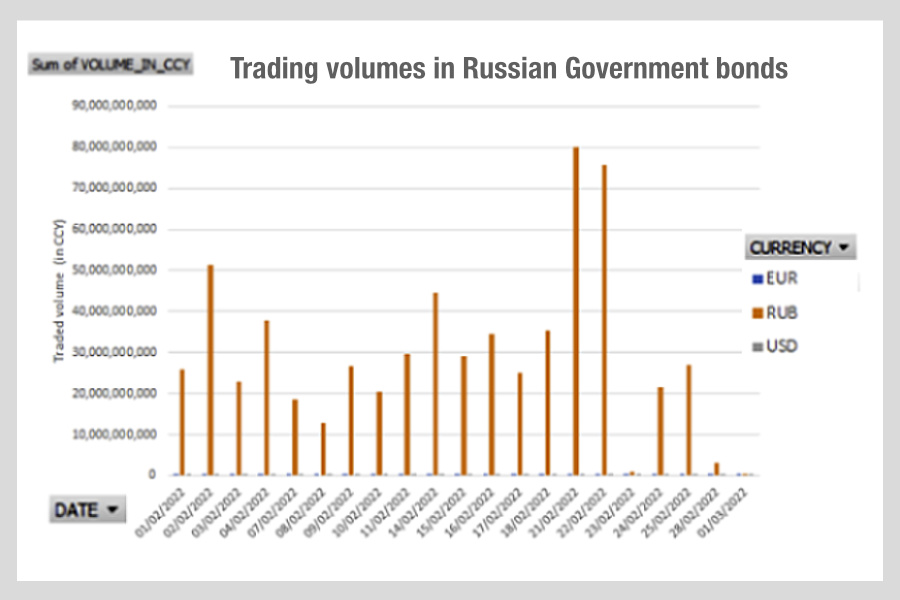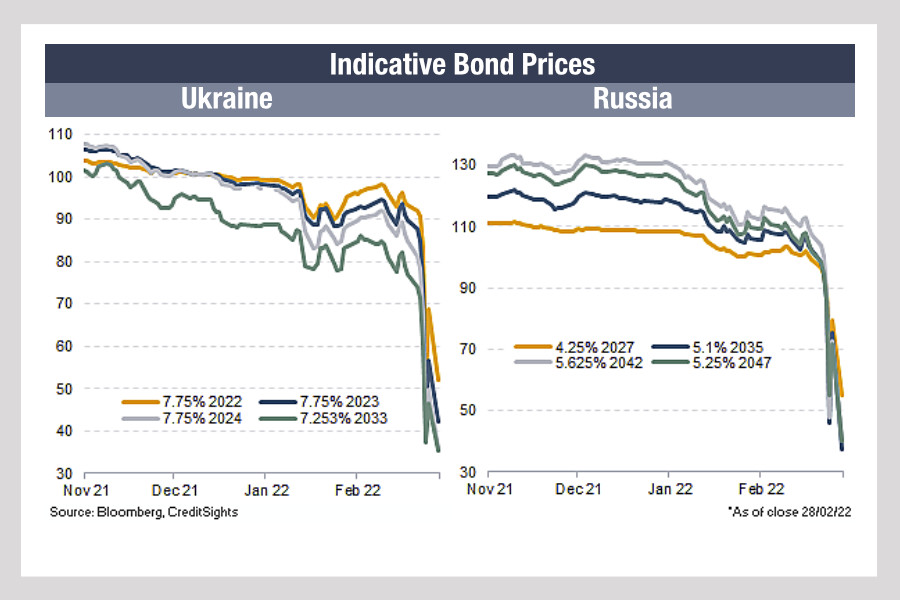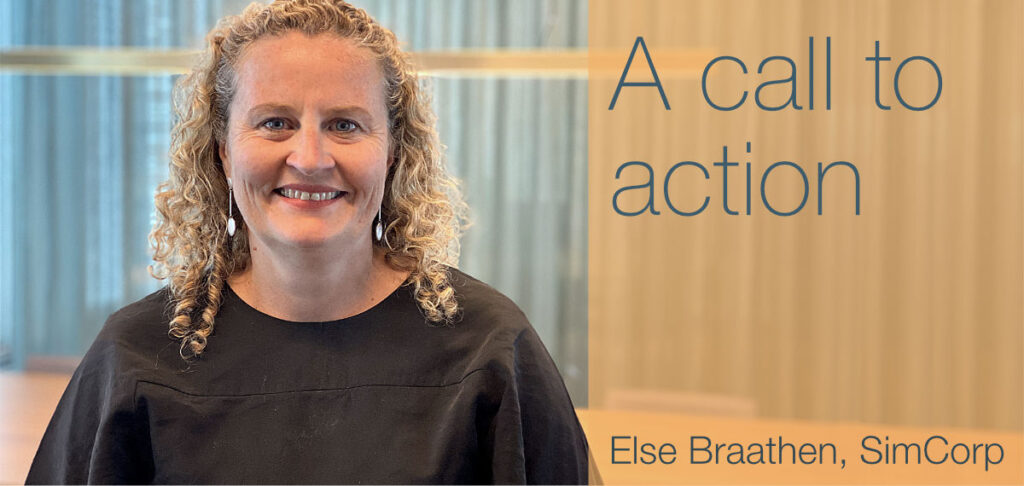Else Braathen, risk domain manager at SimCorp talks to Lynn Strongin Dodds about risk management, stress testing and staying calm.
Although Covid-19 has shaken the financial services industry to its core, it has been business as usual for Else Braathen, risk domain manager at Copenhagen-headquartered, global service provider SimCorp. Her job is to help clients navigate the various bumps on the road and to ensure that they have the right tools to smooth the course.
“For me things have not really changed, markets are and always will be cyclical,” says Braathen, author of the recent report Stress Testing the Pandemic. “There will always be distressed periods in time, and while you may not be able to predict the next big crisis or what will trigger it, you can be prepared for different scenarios. My job is to conduct strategic research and help clients think about the future, so they are better positioned to respond, when unexpected events do occur.”
It is no surprise then that Braathen is an advocate of regular stress testing. “It should be a key tool in the toolbox and not just during the difficult times,” she adds. “The important thing is that financial institutions need to make qualified decisions and not driven by instinct alone. This means prioritising what needs to be done, trying to break the bottlenecks and having the technology that can identify all the risks and exposure. When stress-testing, risk and portfolio managers need to think about the likely scenarios, the less likely ones and the worst-case or unlikely ones.”
One of the biggest challenges, Braathen points to in her report, is the ability for financial firms to rethink their risk models including all assumptions, market and credit outlook models. Simply relying on historical data is not sufficient. They need to be able to access data quickly and efficiently because internal as well as external stakeholders such as the board of directors, senior management, clients and investors will be exerting pressure for frequent updates as well as more detailed analysis.
Braathen believes lessons have been learnt from 2008 when the banking industry almost collapsed. The underlying cause may be different with a pandemic but the reverberations on the economy have been equally severe. One of the main differences, according to Braathen, is that policymakers acted swiftly. Central banks and governments collectively not only cut interest rates to the bone but also injected trillions of cash into the system to support their economies.
Moreover, many firms had tightened credit exposure overviews and bolstered their risk management techniques. However, as Braathen notes, “while there are frontrunners in this space, including our clients, many financial institutions realise that they are not as prepared to the extent that they should be.”
In these instances, she believes that operational efficiency initiatives, such as consolidating investment data silos, have been under-prioritised in recent years and in many cases, Covid-19, has not caused but highlighted the challenges that existed during normal business conditions.
“Often with the constant introduction of regulations, there is a tendency to give too much attention to getting the numbers out rather than developing better qualified analysis,” she adds. “The best practice approach is one platform of consolidated data, one investment truth if you like, which you can use for detailed analysis and calculations to understand exposures, and in a timely fashion too. Having a trusted data source can mean the difference between staying ahead of the crisis and showing considerable resilience, or being paralysed to take appropriate actions.”
Braathen’s own composed yet resilient demeanour was cultivated through working at different banks before joining SimCorp in 2006. She started her career in 1994 as an equity derivatives analyst at Danske Bank before moving onto Alfred Berg as a risk manager. After a four-year stint, Braathen spent over a decade at ABN Amro where she was an equity and equity derivatives market risk manager.
As a result, by the time she arrived at SimCorp, Braathen already weathered the storms of the Asian currency crisis in the late 1990s, the dotcom collapse at the beginning of the twenty-first century and all the mini squalls inbetween. “As a risk manager, your job is not to be surprised,” she says. “There will always be risk models and historical data, but the best risk measures are the ones that also make you think out of the box and not just observe.”
Braathen believes that studying math and economics at Aarhus University was a good foundation for a risk manager. She did not want to teach maths but go outside the university world, and financial services offered the “perfect combination” of a challenging and interesting work environment, she says. It also allowed her to spend almost half her career working outside of Denmark in cities such as London, Stockholm, New York and Amsterdam.
There were inevitably challenges such as trying to convince a portfolio manager that their course of action may not be suitable and have risk consequences. “Of course, there were some portfolio managers that tried to run me over with technical jargon but as a risk manager you are like the internal police and if you have to shoot something down for the right reasons, you do,” she says. “I learned how to be diplomatic but forceful.”
After thirteen years, Braathen, decided “to jump ship” and move to the other side. “I thought fintech would do better in risk management and I wanted to be part of a team that helped to address the pain points and create the right solutions for the industry,” she adds. “I also put myself forward as an employee-elected representative on the board so I can bring my expertise to the table and constructively exert influence to initiate change. It has been an honour and privilege to be part of the board and play a role in management plans, in terms of where the company is going.”
As for diversity and inclusion, Braathen did not personally face any discrimination in her career and thinks that SimCorp has created a dynamic and diverse workplace that offers equal opportunity across the spectrum including race, gender and background. It has set goals to increase female representation across all management levels and is actively working to support females and female leaders
While SimCorp places a strong focus on creating gender balance in the workplace, in the wider industry she would like to see more women promoted to the C-suite and, rolling further back to the education level, believes more needs to be done to encourage girls in Denmark to study science as a subject.
In fact, SimCorp plays a leading role in the Coding Class project, an initiative that has successfully helped make IT part of the curriculum in Danish schools. The work to promote this agenda continues, with support to students, schools, teachers and, not least, teacher training colleges.
©BestExecution & The DESK 2020
[divider_to_top]

